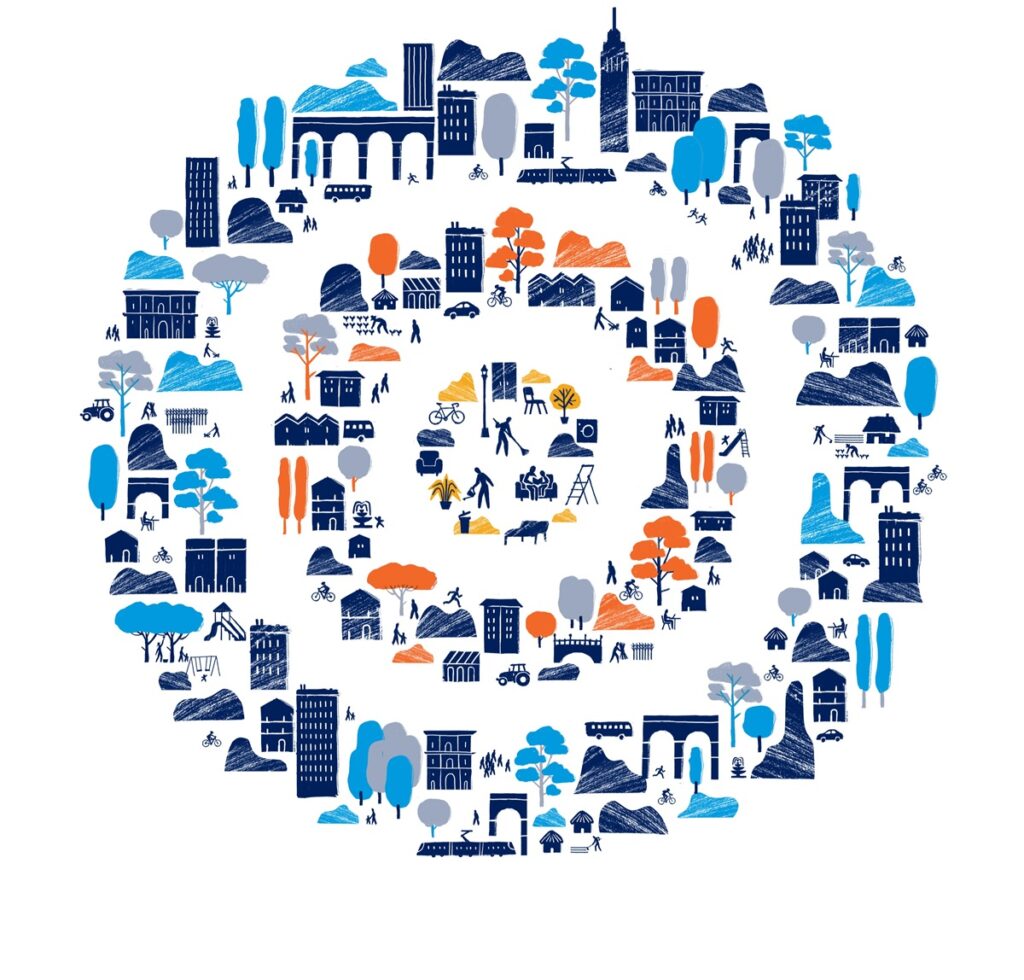
The Global Network of Age-Friendly Cities and Communities (GNAFCC) is an initiative by the World Health Organization (WHO) that aims to support cities and communities in developing strategies and actions to promote the well-being and social inclusion of older adults. The program began in 2006 with the Age-Friendly Cities Guide, which identified eight domains of livability: outdoor spaces and buildings, transportation, housing, social participation, respect and social inclusion, civic participation and employment, communication and information, and community support and health services. The network encourages its members to implement policies and programs that promote active aging and social inclusion of older adults, such as accessible transportation, affordable housing, and age-friendly spaces. The network also provides guidance and resources to support local governments in creating age-friendly policies and programs.
How does the Initiative Apply to our Seniors today?
The GNAFCC is particularly relevant to the elderly and aging population, as it seeks to address the challenges and opportunities associated with population aging. As people live longer and birth rates decline, the proportion of older adults in the population is increasing. This demographic shift presents both opportunities and challenges for cities and communities, as older adults contribute to society in many ways, but also require support and services to maintain their well-being.
How is this a Positive Impact on our Communities?
The GNAFCC recognizes that older adults are a diverse group with different needs, preferences, and abilities. Age-friendly cities and communities are designed to be inclusive and accessible to all, regardless of age or ability. This includes features such as accessible public transportation, affordable housing, and accessible outdoor spaces. Age-friendly cities and communities also promote social participation and civic encouragement among older adults, recognizing their contributions to society and encouraging their participation in community activities.
In conclusion, the Global Network of Age-Friendly Cities and Communities is an important initiative by the WHO that promotes the well-being and social inclusion of older adults. The GNAFCC recognizes the diversity of older adults and aims to create inclusive and accessible cities and communities that support active aging and social participation.
WellPath Partners is your senior resource referral guide. Follow us on ALL social media platforms and join us weekly for more content and public health discussions.
By: Kelly Le
Senior Care Advising Intern at WellPath Partners
Healthcare Administration Student, California State University, Long Beach
